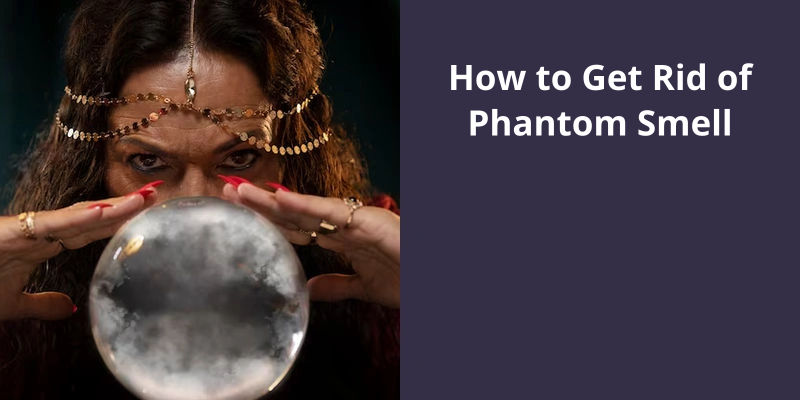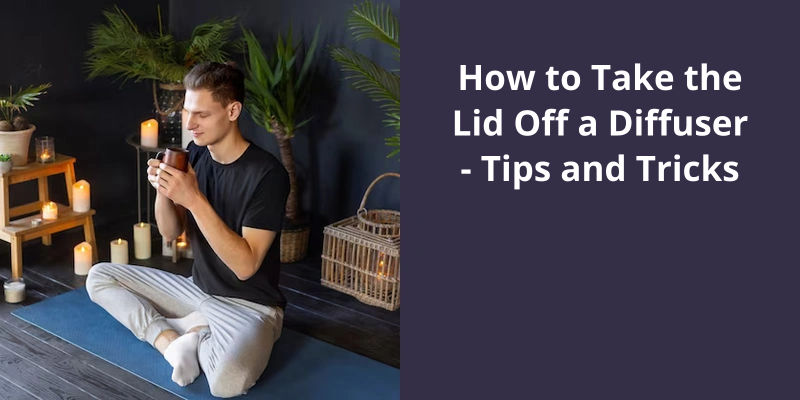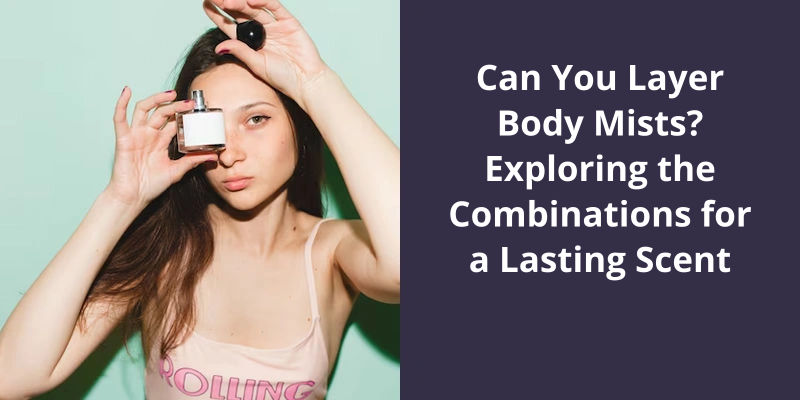Getting rid of a phantom smell, also known as olfactory hallucinations, involves practices to improve your nasal health and overall wellness. First, adhere to good hygiene, particularly for your nasal passages. Perform scheduled sinus irrigation using a saline solution or neti pot to flush out any irritants. Regular exercises and balanced diet can also revamp your health and may dispel disruptive olfactory signals. If your condition persists, over-the-counter decongestants, antihistamines or different types of therapeutic interventions such as cognitive behavioral therapy (CBT) might be recommended under the consultation and guidance of your healthcare provider. Further, quit smoking and limit exposure to harmful chemicals as these can impact your olfactory senses. Always reach out to a healthcare professional if you continue to suffer from this condition to receive proper diagnosis and treatment. Lastly, relieving stress with relaxation techniques such as deep breathing, yoga or meditation can help manage this issue as stress can often exacerbate phantom smells.

Are Phantom Smells Normal?
Phantom smells, also known as olfactory hallucinations, are a common phenomenon that many people experience. These smells can vary from an unpleasant odor such as burning hair or rotting food to a pleasant smell like flowers or perfume. For some individuals, these phantom odors can be a temporary annoyance that lasts only a few moments, while for others, they can persist for months or even years.
For example, some individuals may experience an olfactory hallucination due to a sinus infection or a head injury, while others may have a more serious condition such as brain tumors or Alzheimers disease.
Furthermore, research has shown that women are more likely than men to experience phantom smells, with post-menopausal women being the most susceptible. This may be due to changes in hormonal levels or a decrease in the number of receptors in the brain that control the sense of smell.
While there’s no known cure for phantom smells, there are several treatments that can help alleviate the symptoms. For example, some individuals may benefit from using prescription medications or undergoing therapy to help reduce the intensity of the hallucinations.
If you’re experiencing these types of smells, it’s important to speak with your doctor to rule out any underlying medical conditions and to explore potential treatment options.
Different Types of Phantom Smells and Their Causes
- Phantosmia
- Ketosis
- Sinus Infections
- Olfactory Hallucinations
- Brain Tumor
- Nasal Polyps
- Medications
- Exposure to Toxic Chemicals
- Migraines or Seizures
- Parkinson’s or Alzheimer’s Disease
Phantom smells, also called phantosmia, can be an eerie experience for those who experience them. The odor can be either unpleasant or pleasing, depending on the person and the smell. One of the peculiar characteristics of phantosmia is that the smell can be present all the time or appear out of nowhere and then disappear just as quickly. In this article, we will delve deeper into the phenomenon of phantom smells and explore it’s possible causes.
Can Phantom Smells Come and Go?
One of the most intriguing phenomena of the human sensory system is the experience of phantom smells, or phantosmia. This condition involves smelling odors that aren’t physically present in ones environment. The smells can range from pleasant to unpleasant, and they may come and go over time. The cause of phantosmia isn’t fully understood, but it’s believed to be related to changes in the olfactory system.
These nerves carry signals from the nose to the brain, and when they’re damaged, the brain may misinterpret the signals it receives. Other possible causes include brain tumors, infections, and exposure to certain medications or chemicals.
People who experience phantom smells may notice different odors in one or both nostrils.
What Are Some Common Odors People With Phantosmia Experience?
- Burnt toast or popcorn smell
- Chemical or gasoline-like odor
- Sour or spoiled food smell
- Floral or sweet smell
- Rotting or decaying smell
- Foul or sewage-like smell
Source: Phantosmia: What causes olfactory hallucinations? – Mayo Clinic
The prevalence of phantom smells, or phantosmia, has been reported amongst COVID-19 patients. Recent research has shown that these smells are more common in patients who experience hyposmia, or a reduced ability to detect odours, compared to anosmic patients who’ve lost their sense of smell completely. Additionally, the prevalence of phantosmia increases as the duration of smell disorders associated with COVID-19 increases.
Can Covid Give You Phantom Smells?
Phantom smells have been reported by many individuals who’ve experienced smell disorders, including those with COVID-These smells, also known as olfactory hallucinations, are often unpleasant, and can range from burnt toast to chemical smells, and even fecal odors. They can be disruptive to daily life and can be very distressing to experience.
Studies have shown that up to 80% of individuals with COVID-19 have reported some form of smell loss. This means that the virus is likely to be affecting the olfactory system in some way, which may well contribute to the onset of phantosmia.
As studies have shown, the prevalence of phantosmia increases as the duration of the smell loss increases. This may be due to the fact that the longer the olfactory system is disrupted, the more likely it’s to cause neural adaptations or changes, which may result in phantom smells.
Interestingly, phantom smells appear to be more prevalent in those with hyposmia (partial loss of smell) versus anosmia (complete loss of smell), as well as in those with fluctuating smell disorders versus permanent ones.
However, the use of certain therapies, such as smell training, may help individuals with COVID-19 to regain their sense of smell and, in turn, reduce the likelihood of experiencing phantom smells. Additional research is needed to fully understand the underlying mechanisms of this phenomenon in individuals with COVID-19.
Further research is needed to fully understand this phenomenon and develop effective treatments for those affected.
The Psychological Impact of Phantom Smells on Individuals With COVID-19 and Strategies for Coping With Them.
This article discusses the psychological effects of phantom smells on those who’ve contracted COVID-19 as well as ways to manage and cope with these sensations.
Conclusion
It’s important to remember that treatment for this condition will vary depending on the underlying cause, and consulting a medical professional is recommended.





